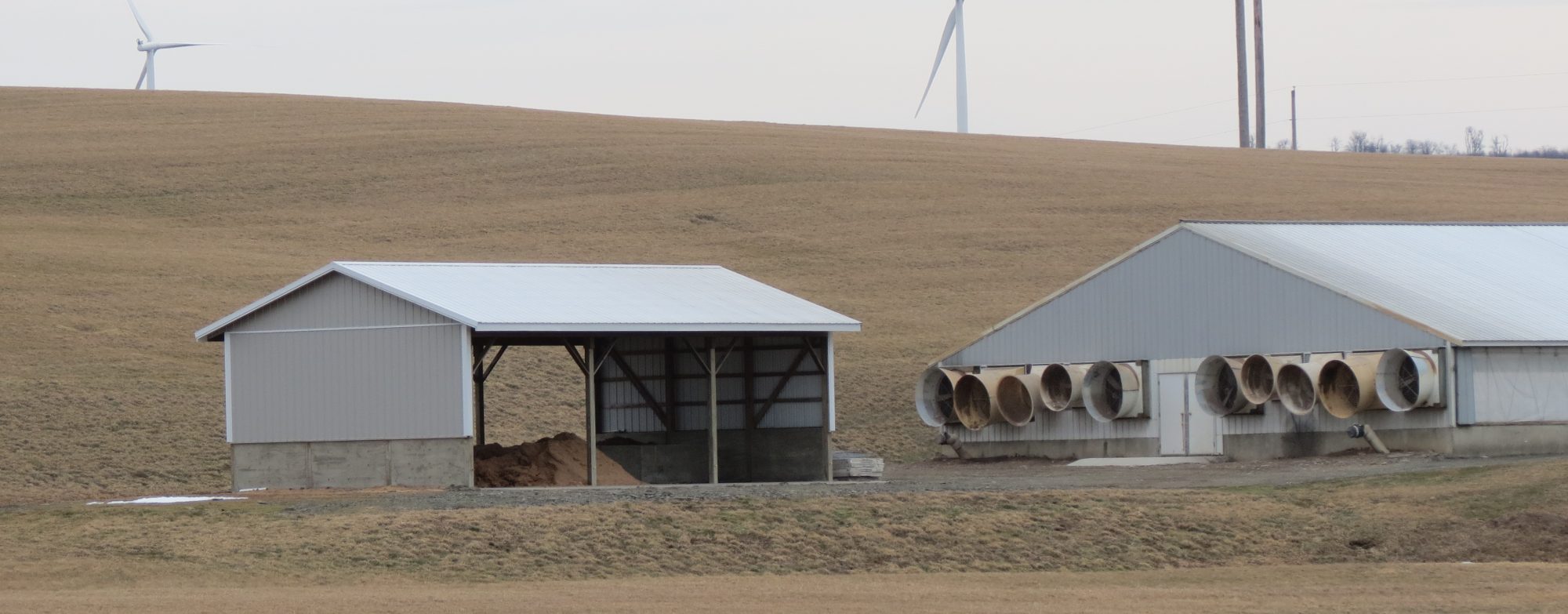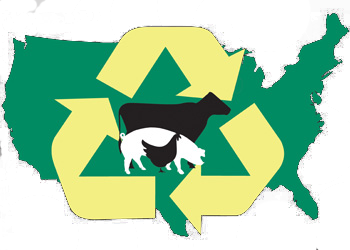Purpose
The ability to communicate about a scientific topic in a manner that is trusted and compelling is known as “scientific discourse.” The highly globalized, connected, and digital world in which we live today is overwhelming audiences with information sources, many of which are not evidence based. Many mainstream topics have already transcended the realm of simple data presentation and entered the complexities of socio-scientific issues that encompass conflicting principles of ethics, cultural perspectives, and economic theories or human livelihoods. For many complex scientific topics, the dearth of public knowledge and engagement has led to confusion and misunderstanding, exacerbated by the public perception of the media’s authority. Mistaken information and extreme opinions often promote messages of blame. Regardless of subject matter or audience, Extension professionals are expected to impact stakeholder knowledge and behavior through programming that is evidence-based – and often extraordinarily complex. STEM professionals seeking to navigate this information space need new strategies for breaking out from the pack and targeting audiences with new and innovative methods of outreach. This is especially true in emerging and potentially controversial issues like antimicrobial resistance (AMR).
This session – curated by members of the iAMResponsible Project, a nationwide outreach program focused on AMR from the perspectives of food producers and food consumers – will feature experts in science communication discussing scientific discourse. Participants in this session can expect to:
-
- gain knowledge about evidence-based rhetorical elements of successful communication;
- learn new ways to approach communication-based on lessons learned from past and current health communication efforts,
- and generate innovative ideas for programming based on a proposed model for message design and delivery.
A moderated panel of communication experts will discuss how the public forms their perceptions of science information, the kind of information sources they trust and seek out, and how socioeconomic and cultural differences impact audience engagement with scientific information.
Panel
Amy Schmidt, Associate Professor, University of Nebraska (Moderator)
 Having grown up in rural Iowa, Amy appreciates the agricultural production systems that feed people worldwide and chose her career path to support responsible livestock production by helping farmers adopt research-based practices that optimize agronomic productivity and minimize potential environmental and social risks. Keeping up with two active kids, her husband, and their family dog is her other full-time job! She spends a lot of evenings and weekends cheering on her kids at baseball and softball games, about as much time scrubbing dirt and grass stains out of white baseball pants, and not nearly enough time sleeping.
Having grown up in rural Iowa, Amy appreciates the agricultural production systems that feed people worldwide and chose her career path to support responsible livestock production by helping farmers adopt research-based practices that optimize agronomic productivity and minimize potential environmental and social risks. Keeping up with two active kids, her husband, and their family dog is her other full-time job! She spends a lot of evenings and weekends cheering on her kids at baseball and softball games, about as much time scrubbing dirt and grass stains out of white baseball pants, and not nearly enough time sleeping.
Panelists
Kari Nixon, Assistant Professor, Whitworth University
 Kari Nixon is an assistant professor at Whitworth University. Her research focuses on the mutually constitutive nature of social understandings of death, disease, and community. Formerly studying to be a clinical psychologist with an emphasis in data science, she shifted to the humanities early on in her graduate career. Her work has appeared in Disability Studies Quarterly and Journal for Medical Humanities, among others. Her co-edited collections, Endemic: Essays in Contagion Theory and Syphilis and Subjectivity were published with Palgrave in 2016 and ’17, respectively. Her first monograph, Kept from All Contagion: Germ Theory, Disease, and the Dilemma of Human Contact was published in June 2020 with SUNY UP, and her mass-market book teaching lay audiences how to critically interpret COVID-19 public health messaging came out through Simon and Schuster in June 2021
Kari Nixon is an assistant professor at Whitworth University. Her research focuses on the mutually constitutive nature of social understandings of death, disease, and community. Formerly studying to be a clinical psychologist with an emphasis in data science, she shifted to the humanities early on in her graduate career. Her work has appeared in Disability Studies Quarterly and Journal for Medical Humanities, among others. Her co-edited collections, Endemic: Essays in Contagion Theory and Syphilis and Subjectivity were published with Palgrave in 2016 and ’17, respectively. Her first monograph, Kept from All Contagion: Germ Theory, Disease, and the Dilemma of Human Contact was published in June 2020 with SUNY UP, and her mass-market book teaching lay audiences how to critically interpret COVID-19 public health messaging came out through Simon and Schuster in June 2021
David Lansing, Associate Professor, University of Maryland-Baltimore County
 Dr. David Lansing is an Associate Professor in Geography and Environmental Systems at the University of Maryland Baltimore County. Growing up in Wyoming and spending many years in rural areas across Central America, Dr. Lansing has witnessed all types of farming styles and livelihoods. Since 2005 his research has studied how conservation policy is formed and implemented, and the effects such policies have on the land use decisions and livelihoods of farmers. He has conducted research in Costa Rica, Honduras, Maryland, New York, and Nebraska. His more recent work is focused on how various land use stakeholders conceive of the environment, how this affects their approach toward sustainable farming practices, and their relationship toward environmental regulations. He is currently undertaking this approach through a multidisciplinary project that studies changing antibiotic use practices across dairy and beef cattle industries.
Dr. David Lansing is an Associate Professor in Geography and Environmental Systems at the University of Maryland Baltimore County. Growing up in Wyoming and spending many years in rural areas across Central America, Dr. Lansing has witnessed all types of farming styles and livelihoods. Since 2005 his research has studied how conservation policy is formed and implemented, and the effects such policies have on the land use decisions and livelihoods of farmers. He has conducted research in Costa Rica, Honduras, Maryland, New York, and Nebraska. His more recent work is focused on how various land use stakeholders conceive of the environment, how this affects their approach toward sustainable farming practices, and their relationship toward environmental regulations. He is currently undertaking this approach through a multidisciplinary project that studies changing antibiotic use practices across dairy and beef cattle industries.
Andy King, Assistant Professor, Iowa State University.
 Dr. Andy King conducts research in strategic health, science, and risk communication, focusing on message design and campaign evaluation. His work advances applied communication theorizing relevant to message design and message processing, with the goal of contributing to improving public health through evidence-based practice. Much of his research has looked at the role of visual imagery and its influence in strategic health messages. He has published over 40 peer-reviewed journal articles in outlets including Journal of Health Communication, Cancer Epidemiology, Risk Analysis, Journal of Communication and Health Communication and has received research funding from the Health Resources and Services Administration and the National Institutes of Health. He serves on the editorial boards for Communication Monographs and Journal of Health Communication. He is a senior editor at Health Communication.
Dr. Andy King conducts research in strategic health, science, and risk communication, focusing on message design and campaign evaluation. His work advances applied communication theorizing relevant to message design and message processing, with the goal of contributing to improving public health through evidence-based practice. Much of his research has looked at the role of visual imagery and its influence in strategic health messages. He has published over 40 peer-reviewed journal articles in outlets including Journal of Health Communication, Cancer Epidemiology, Risk Analysis, Journal of Communication and Health Communication and has received research funding from the Health Resources and Services Administration and the National Institutes of Health. He serves on the editorial boards for Communication Monographs and Journal of Health Communication. He is a senior editor at Health Communication.
Acknowledgements
Funding for the iAMR Project was provided by USDA-NIFA Award Nos. 2017-68003-26497, 2018-68003-27467 and 2018-68003-27545. Any opinions, findings, conclusions, or recommendations expressed in this publication are those of the author(s) and do not necessarily reflect the view of the U.S. Department of Agriculture.
The authors are solely responsible for the content of these proceedings. The technical information does not necessarily reflect the official position of the sponsoring agencies or institutions represented by planning committee members, and inclusion and distribution herein does not constitute an endorsement of views expressed by the same. Printed materials included herein are not refereed publications. Citations should appear as follows. EXAMPLE: Authors. 2022. Title of presentation. Waste to Worth. Oregon, OH. April 18-22, 2022. URL of this page. Accessed on: today’s date.

